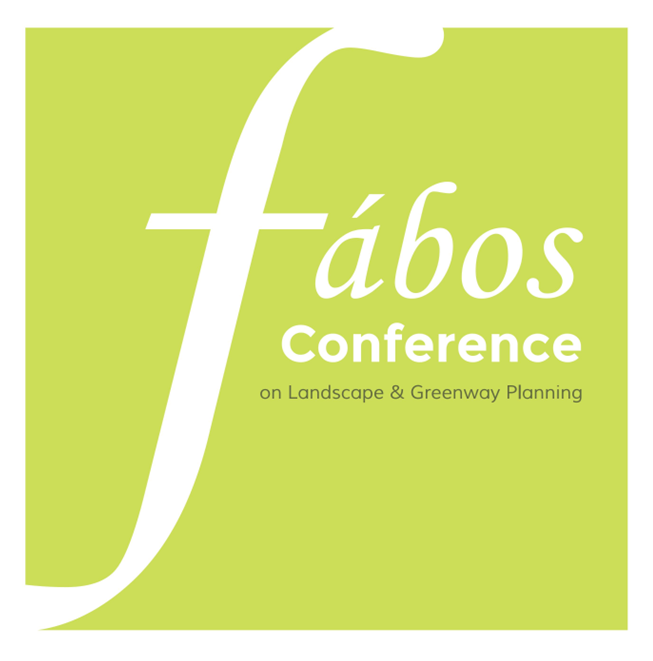Involvement of Stakeholders in Transforming Untapped Landscapes into Touristic Landscapes based on Ecosystem Services; A Look at The Volta Lake – Ghana.
- Ernest Amoako-Atta (Hungarian University of Agriculture and Life Sciences – Department of Landscape Planning and Regional Development)
- Zsolt Szilvácsku (Hungarian University of Agriculture and Life Sciences – Department of Landscape Planning and Regional Development)
Abstract
Effective planning of ecotourism provides better linkages, reduces leakages of benefits out of a country, creates local employment, creates the multiplier effect, and fosters sustainable development (Mtapuri and Giampiccoli 2019; Amuquandoh 2010; Mandić 2020). Nature and culture are pillars of the tourism product and often the main pull factors for tourists to visit a country. Ghana is one of the most popular tourist destinations in Sub-Saharan Africa due to its all-year-round attractions (Amoako-Atta, Dayour, and Bonye 2020). Despite Ghana's wealth of landscapes with enormous potential for sustainable tourist development, the industry has been unable to reach its full potential. Stakeholders' involvement in tourism planning and development is yet to be investigated and understood in Ghana. The specific forms of engagement related to the subject matter, as well as the activities engaged in by stakeholders, have not been explored or understood in other parts of the world. Thus, this study aims to unpack the role of stakeholders in sustainable tourism planning and development, with an emphasis on Volta Lake and its ecosystem services. The study employed a mixed but qualitatively skewed research design, comprising 50 participants, who engaged in in-depth interviews and focus group discussions. The results show that primary stakeholders participate in tourism planning and development through the services they offer to guests and compliance with laid down rules regarding the use of the lake, but in most instances, they get little support from the secondary stakeholders (National, Regional, and District government officials; non-governmental organizations; institutions of learning and traditional authorities). Also, there was unanimity regarding the extent of engagement among the kinds of stakeholders identified in ecotourism planning within the Lake region. This interaction was shown to be mostly induced and coercive in nature and to reflect a top-down participation approach between secondary and primary stakeholders, which has a negative influence on tourism development. In dealing with this challenge, the study recommends that the central government/local authorities provide an enabling environment for the effective engagement of all stakeholders to sidestep any possible mistrust in the tourism development process. Also, the central government should provide in-service training programmes for stakeholders to enable them to contribute meaningfully to issues concerning tourism planning and development within the region. Future studies will look at the character, function, sensitivity, and vulnerability of the landscape under study.
Keywords: Ecotourism, Landscapes Planning, Stakeholder Involvement, Environmental Management and Governance
How to Cite:
Amoako-Atta, E. & Szilvácsku, Z., (2022) “Involvement of Stakeholders in Transforming Untapped Landscapes into Touristic Landscapes based on Ecosystem Services; A Look at The Volta Lake – Ghana.”, Fábos Conference on Landscape and Greenway Planning 7(1). doi: https://doi.org/10.7275/0sd0-ee31
Downloads:
Download PDF
456 Views
269 Downloads
